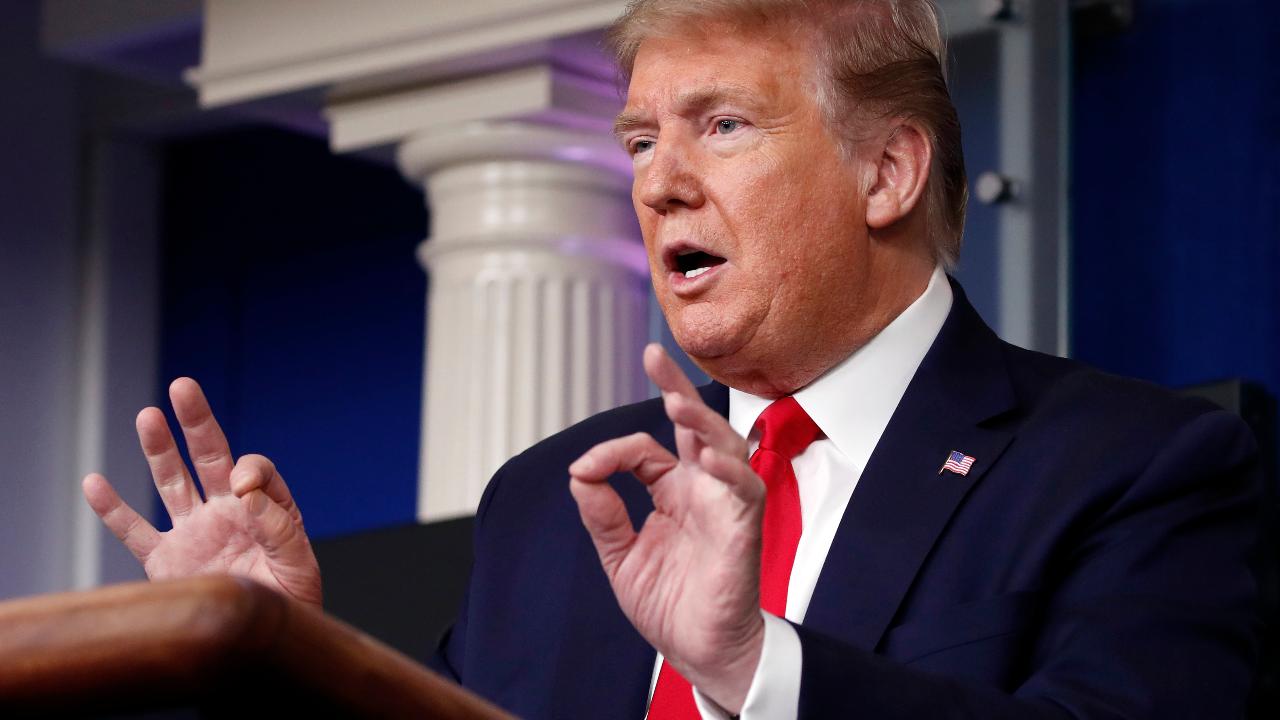Coronavirus small business relief program running out of cash as Congress feuds over more funding
The program could be close to running out of money by Friday
Get all the latest news on coronavirus and more delivered daily to your inbox. Sign up here.
A popular small business relief program is in danger of running out of funds by the end of the week, as billions of dollars in additional coronavirus aid remain stuck in congressional limbo.
At the heart of the impasse between Republicans and Democrats is $250 billion to replenish quickly vanishing funds for the Paycheck Protection Program, a $349 billion fund approved last month as part of the CARES Act.
The program provides loans at ultra-low interest rates to businesses with fewer than 500 employees to incentivize them to keep staff on payroll, or rehire workers who have already been laid off. If at least 75 percent of the money goes to keep employees on the payroll, the federal government will forgive the loans.
Already, the Small Business Administration has approved close to 1 million loans worth nearly $225 billion, according to a senior SBA official. If the current trend in demand for loans continues -- one week ago, about $50 billion in loans had been processed; that jumped to $160 billion by Friday -- the program could be close to running out of money by Friday.
Although there’s bipartisan agreement that the PPP needs additional funding, Senate Democrats last week blocked the measure from being passed, pushing for more emergency funding for hospitals and states as well as some changes to the small business aid program.
The stimulus bill passed at the end of March was $2.2 trillion, the largest in recent memory.
Republican aides said conservatives will reject any spending beyond the PPP, while House Speaker Nancy Pelosi has maintained that a small-business-only bill would be rejected in her chamber.
WHAT APPLICANTS NEED TO KNOW ABOUT THE SMALL BUSINESS LOAN PROGRAM
"We have real problems facing this country, and it’s time for the Republicans to quit the political posturing by proposing bills they know will not pass either chamber and get serious and work with us towards a solution," Pelosi and Senate Minority Leader Chuck Schumer said in a joint statement Monday.
Lawmakers from both houses are working from their home states as a result of the outbreak and are unlikely to return to Washington, D.C. until at least early May. (House leaders announced Monday that lawmakers won’t return until at least May 4, and the Senate is expected to make a similar announcement on Tuesday, per Politico).
Time is imperative for owners. Nearly one in four small businesses has shut down temporarily in response to the crisis, while another 40 percent expect to do so within two weeks, according to a survey published by the MetLife & U.S. Chamber of Commerce Small Business Index.
If owners don’t receive further support, about 43 percent have warned they have less than six months to a permanent shutdown. One in 10 say they have less than a month until a permanent shutdown is inevitable, the survey found.




















